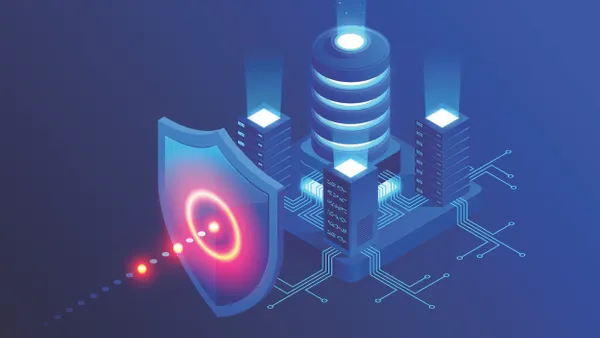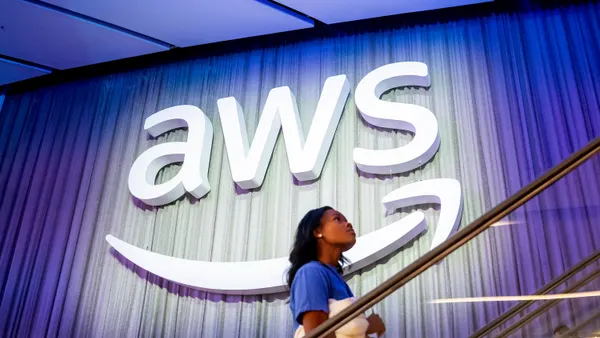Dive Brief:
-
The government released positive results from its 30-day "cyber sprint," finding that federal agencies increased strong authentication use for privileged users from 33% to 75% between April and July.
-
Federal CIO Tony Scott said 14 major civilian agencies surpassed his goal of 75% for strong authentication, and several agencies hit 100% for privileged users alone.
-
However, he reported that 10 agencies missed the mark.
Dive Insight:
The General Services Administration, Veterans Affairs, the Interior Department and the Nuclear Regulatory Commission were among the federal agencies that made significant progress on strong authentication during the government's 30-day cybersecurity sprint, according to Scott.
Other agencies, including NASA and the Labor Department, missed the goal but still saw significant improvements. A few others, including the Education Department, had their strong authentication percentages decrease.
"One of the most significant steps any organization can take to reduce the risk of adversaries penetrating networks and systems is requiring the use of a hardware-based Personal Identity Verification (PIV) card or an alternative form of strong authentication," Scott wrote in a July 31 blog post. "Over the course of the Sprint, agencies made significant progress in this area."
A proposed bill, the Federal Cybersecurity Enhancement Act of 2015, would require stronger cyber protections in federal agencies.












